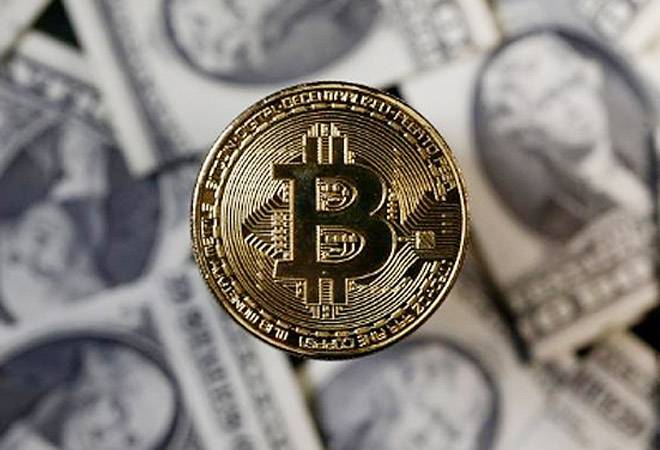keeping your bitcoin safe

Bitcoin has given a whopping return of 155 percent over the period of just one month. It has moved up from $6500 in November to $16,760 as on 11th December. The extraordinary return has created a frenzy among investors shooting up buying and selling of Bitcoins like never before. The RBI has also come out with a notification warning people for the third time about the risks involved in cryptocurrencies. Washing its hands off the regulator has reiterated the fact that it is not a legal tender in India and people should trade at their own risk.
While the absence of a regulator is one concern, another issue is the fact that millions of people have been entering the market with least knowledge on how to secure Bitcoin and other crypto currencies. Due to this, lots of cases have been reported of wallet hacking and private key hacking in the past. There have been instances where exchanges got shut down and millions of investors lost their money.
A key step to secure your digital money is to put it in a wallet. Bitcoins wallets are digital wallets with one public and one private key. While public key is an address which is needed when one wants to send Bitcoins to you, a private key is an address necessary to spend Bitcoins.
Here is a lowdown on different types of Bitcoin wallets available in the market and how they differ.
Hardware Wallets
Hardware wallets are a type of Bitcoin wallet that stores private keys of a user in a hardware device. The purpose is to keep private keys separate from internet-connected devices. In hardware wallets the keys are stored in a protected part of the microcontroller in encrypted forms. Some of the popular names include Ledger, Trezor and KeepKey in the hardware wallet space.
Cold wallets
Cold wallets operate offline with no access to the internet making them immune to online hackers. On the other hand hot wallets are vulnerable to theft because they are connected to the internet and hence vulnerable to attack. Experts suggest to keep small amounts of digital currency in hot wallets when one wants to make purchases otherwise it should be stored in cold wallets.
Hi! I am a robot. I just upvoted you! I found similar content that readers might be interested in:
https://www.businesstoday.in/money/tax/bitcoin-security-cryptocurrency-digital-money-rbi-bitxoxo-wallets/story/265791.html